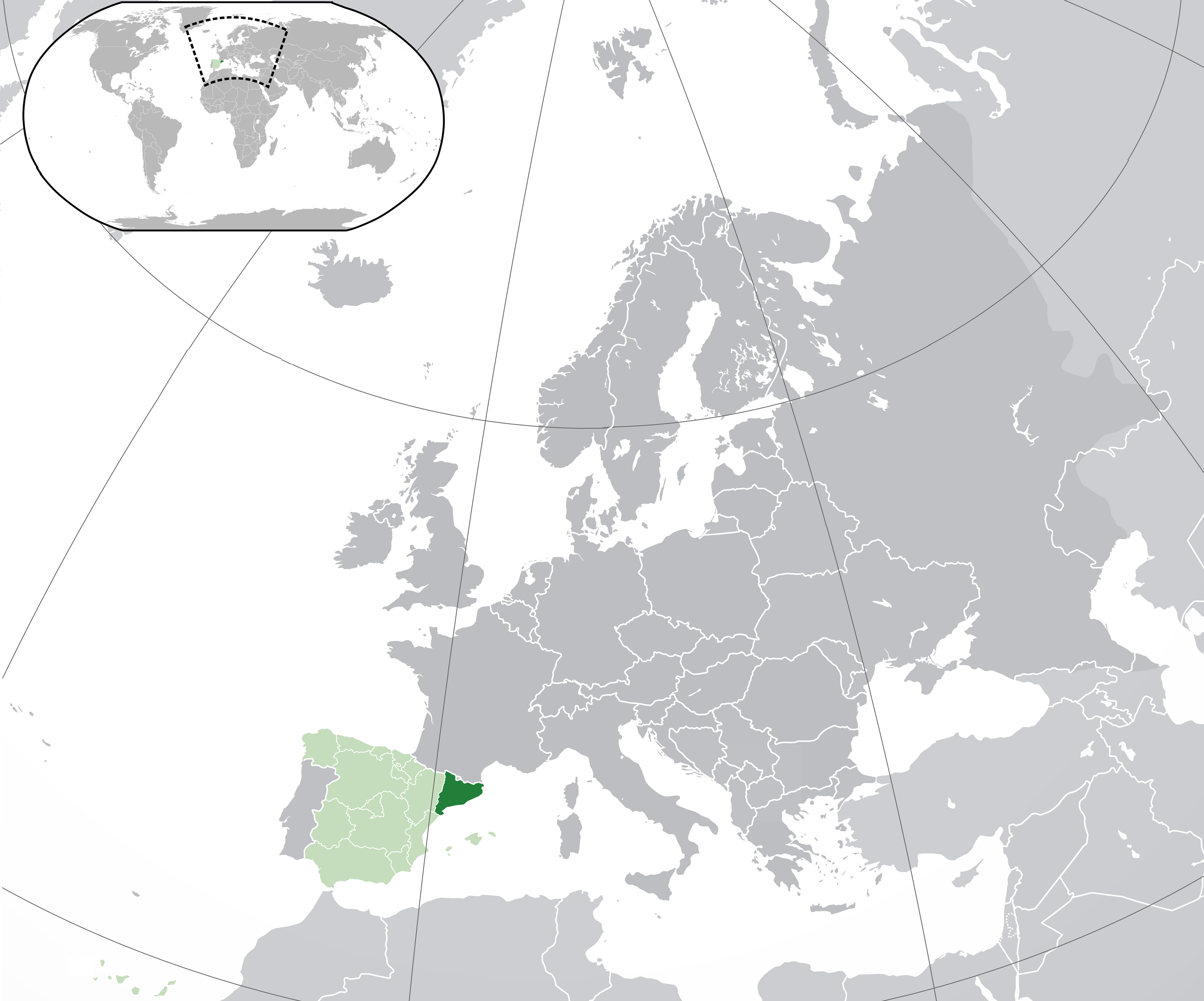David
Hatcher Childress is a prolific writer of books on alternative history and
conspiracy theory. However, neither friend nor foe will like this one. People like
myself who don't find conspiracy theory convincing, will reject it for that
reason. But even those who believe will be disappointed. "Pirates and the
Lost Templar Fleet" contains nothing new. It's essentialy a rehash of
ideas taken from other and more well-written books. In a sense, this book by
Childress is "pirated".
My main problem with it, however, is not so much the conspiracy theories themselves. Obviously, a conspiracist writer believes in conspiracies. That goes with the territory. My main problem is that the book also contain many purely factual errors.
For instance, Childress writes that the Seljuk Turks ruled their empire from Constantinople-Istanbul around the year 1090. Come again? In reality, the Seljuk Turks never conquered Constantinople. That was accomplished by the Ottoman Turks, but only in 1453! "Around the year 1090", Constantinople was still the capital of the Byzantine Empire, which was neither Muslim nor Turk. This is not a minor error. Indeed, it's common knowledge that Constantinople fell to the Muslims in 1453. At least it should be to writers of medieval history.
Childress further claims that the Templars set up the Kingdom of Jerusalem. But the Templars didn't even exist during the First Crusade! He writes that the Normans who conquered Sicily before the crusades were Templars. Once again: there were no Templars at that time.
Most of these factual errors have no direct bearing on the conspiracy theories advocated by the writer. But some do. Childress wonders why the Templars were founded at all. After all, the Knights Hospitaller already existed, so why the need for a second order to defend the Holy Land? Surely, Childress believes, the Templars must have been formed for some other and more mysterious purpose? A reasonable question. The "only" problem with it, is that the Knights Hospitaller didn't defend the Holy Land at the time of the Templars' founding. They were originally a purely charitable fraternity! Indeed, the Hospitaller knights didn't become militarized until over a decade after the formation of the Templars. Thus, there was nothing strange about the Templars: they were indeed formed to militarily defend the crusader states.
Occasionally, I suspect that the author of this book tries to pull a fast one. Thus, Childress writes about the mysterious region of "Catalunya" and the language "Catalunian" which is supposedly related to Phoenician. But there is nothing mysterious about Catalonia (a region in Spain). It's about as mysterious as Downtown Manhattan. Nor is the Catalonian language a Semitic language. Indeed, it's very closely related to Spanish. Childress must know this, since by his own admission he has visited Catalonia. So what are you trying to pull, brother?
No, this book only gets one star out of five. It completely looses its way, somewhere in mid-transit to Arcadia. Or Catalunya.

No comments:
Post a Comment